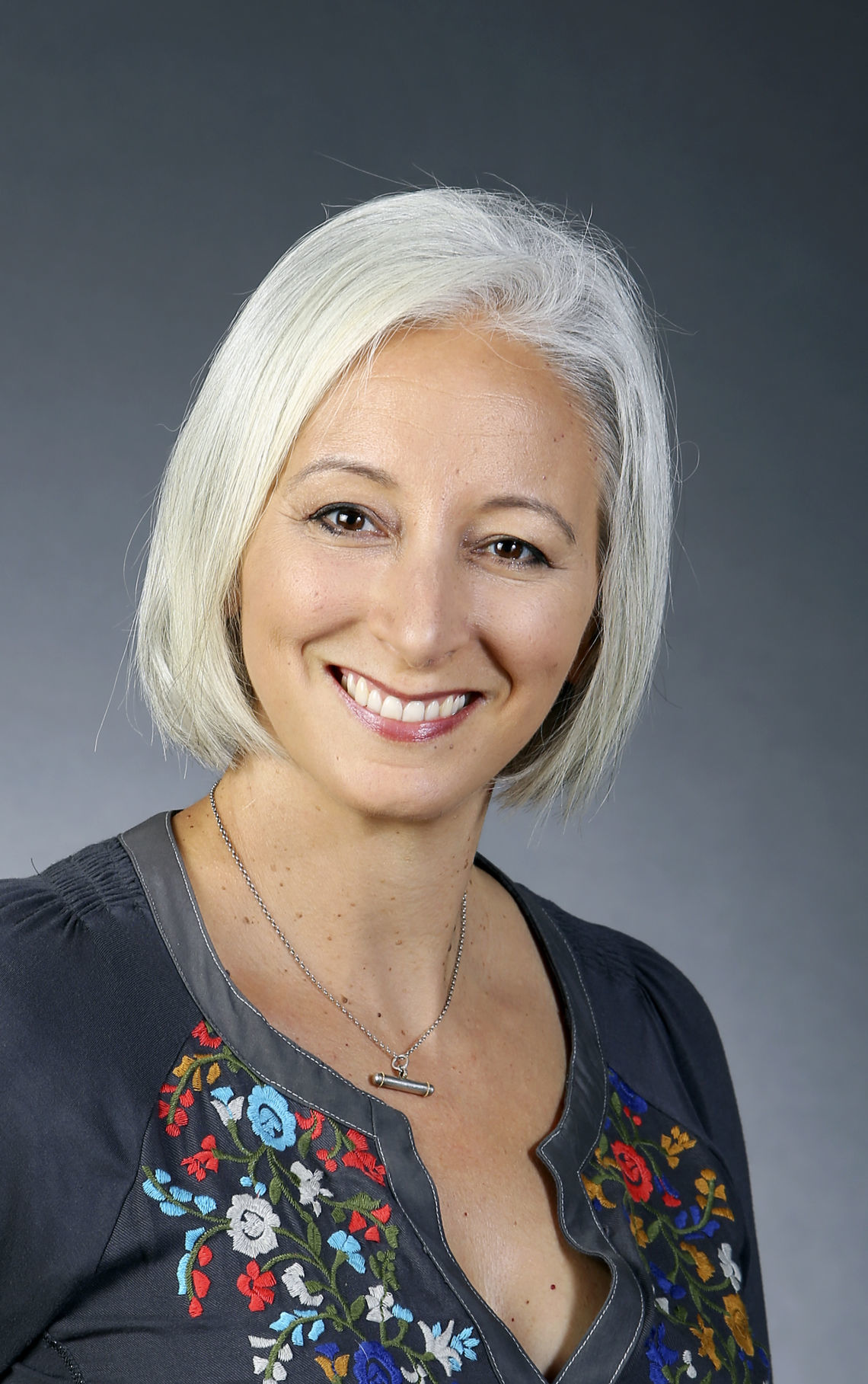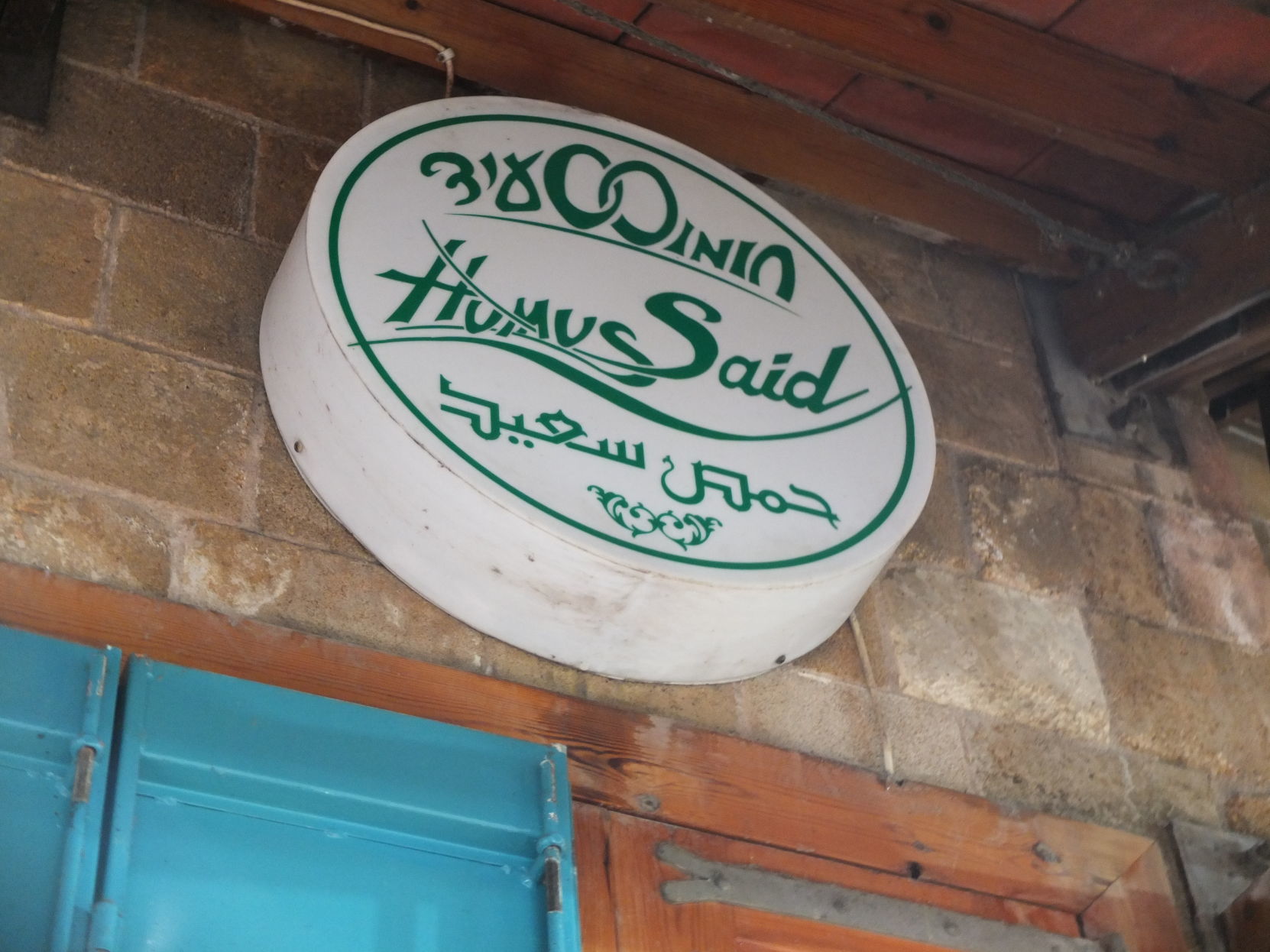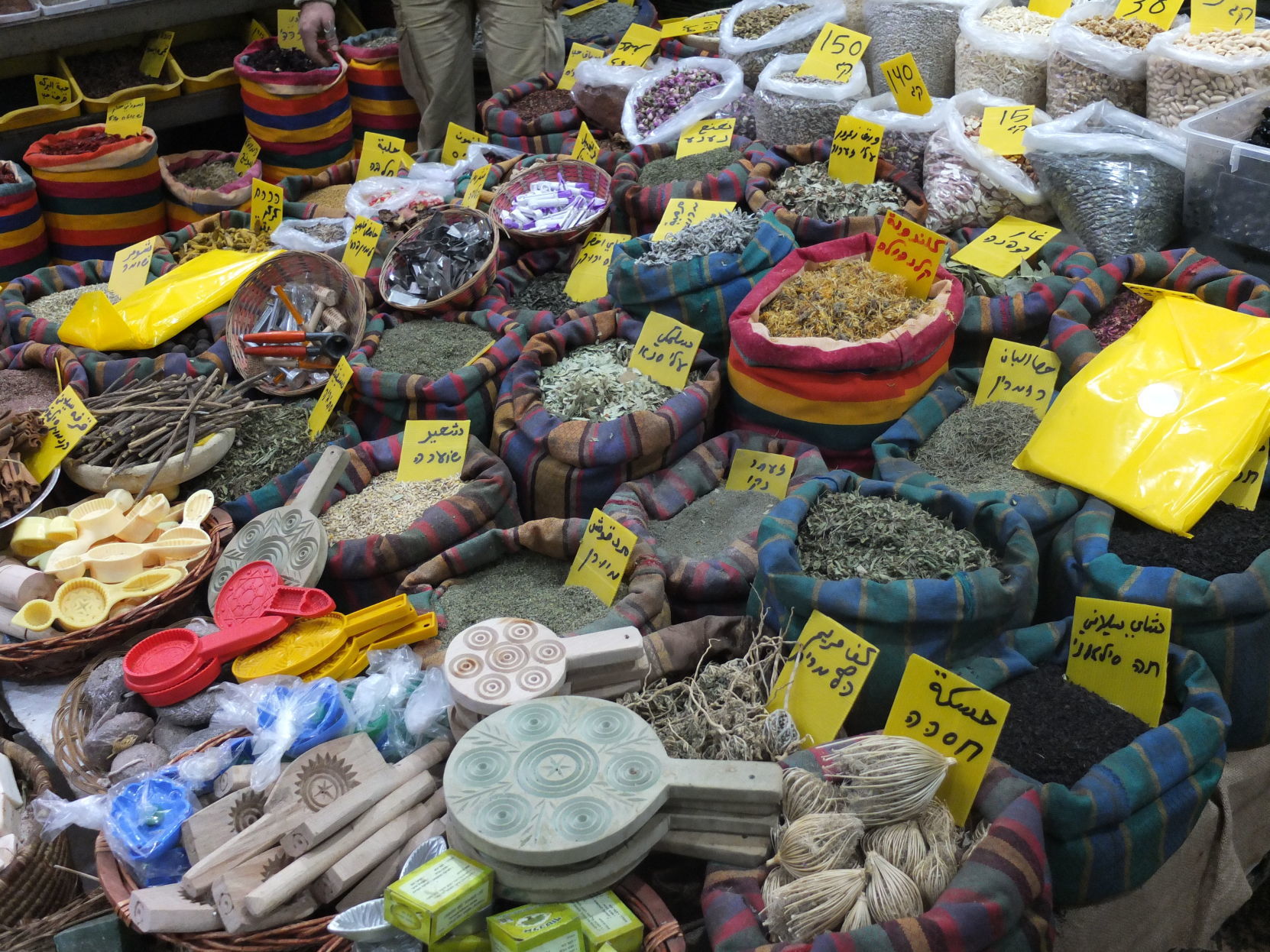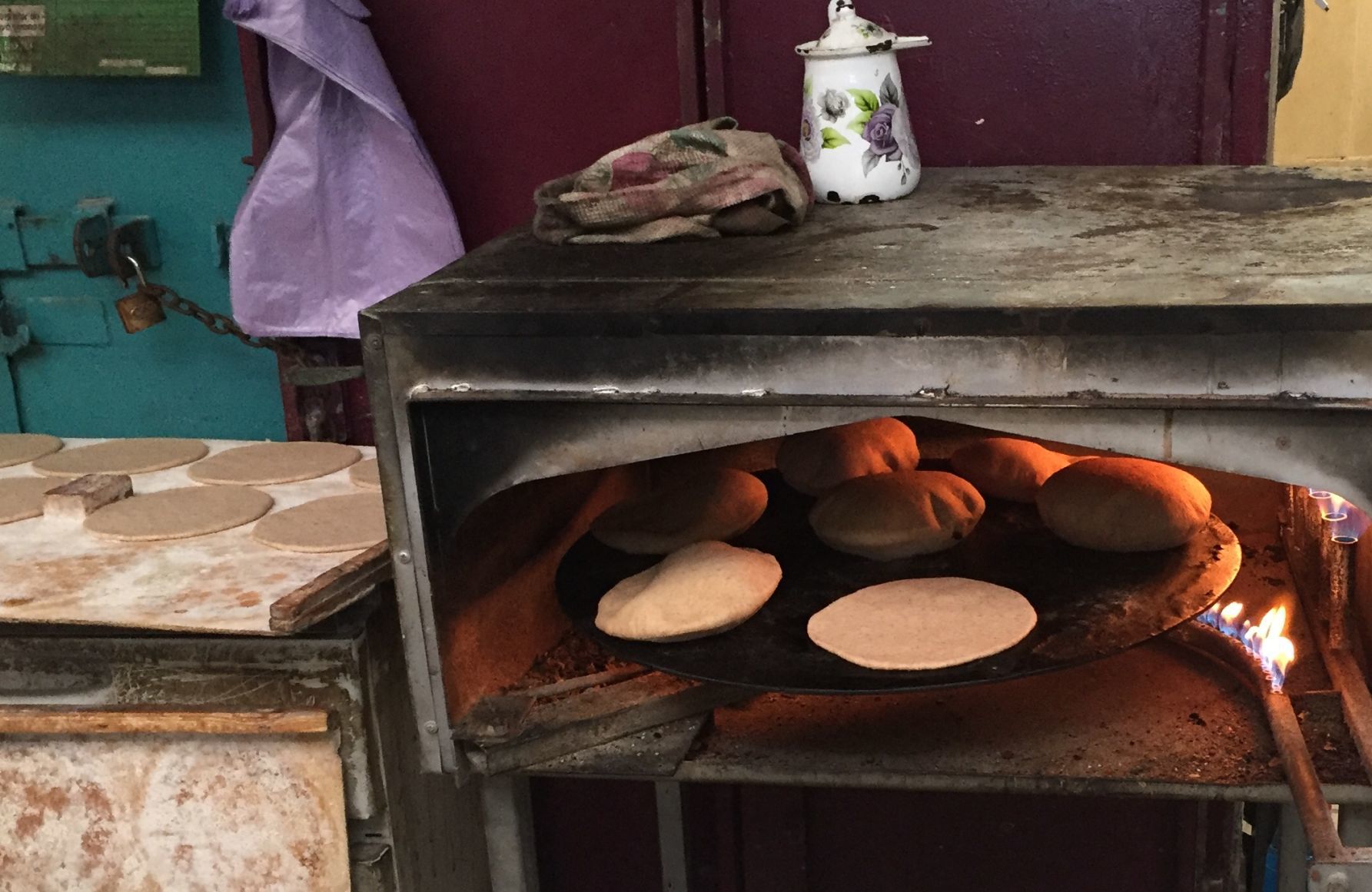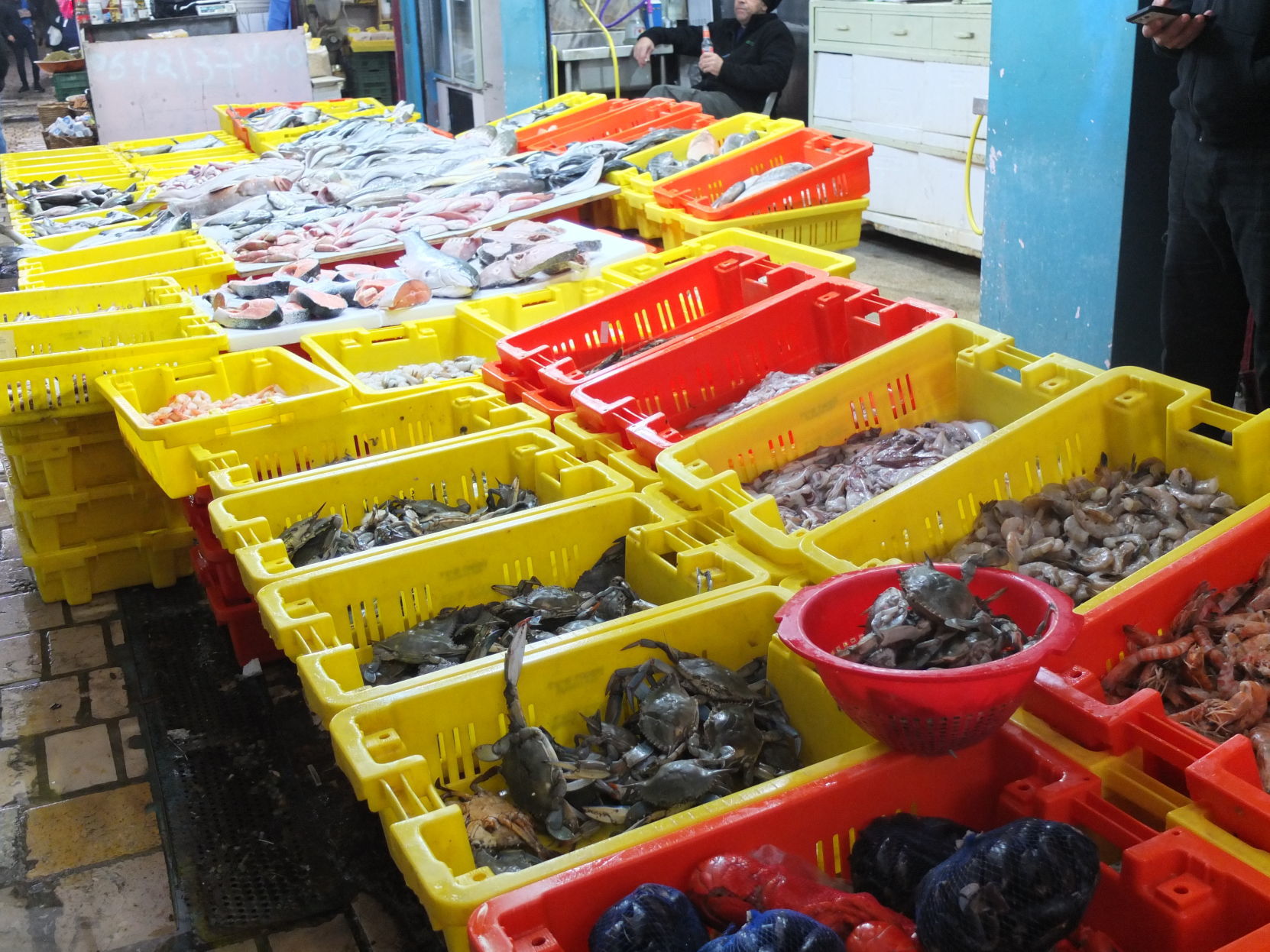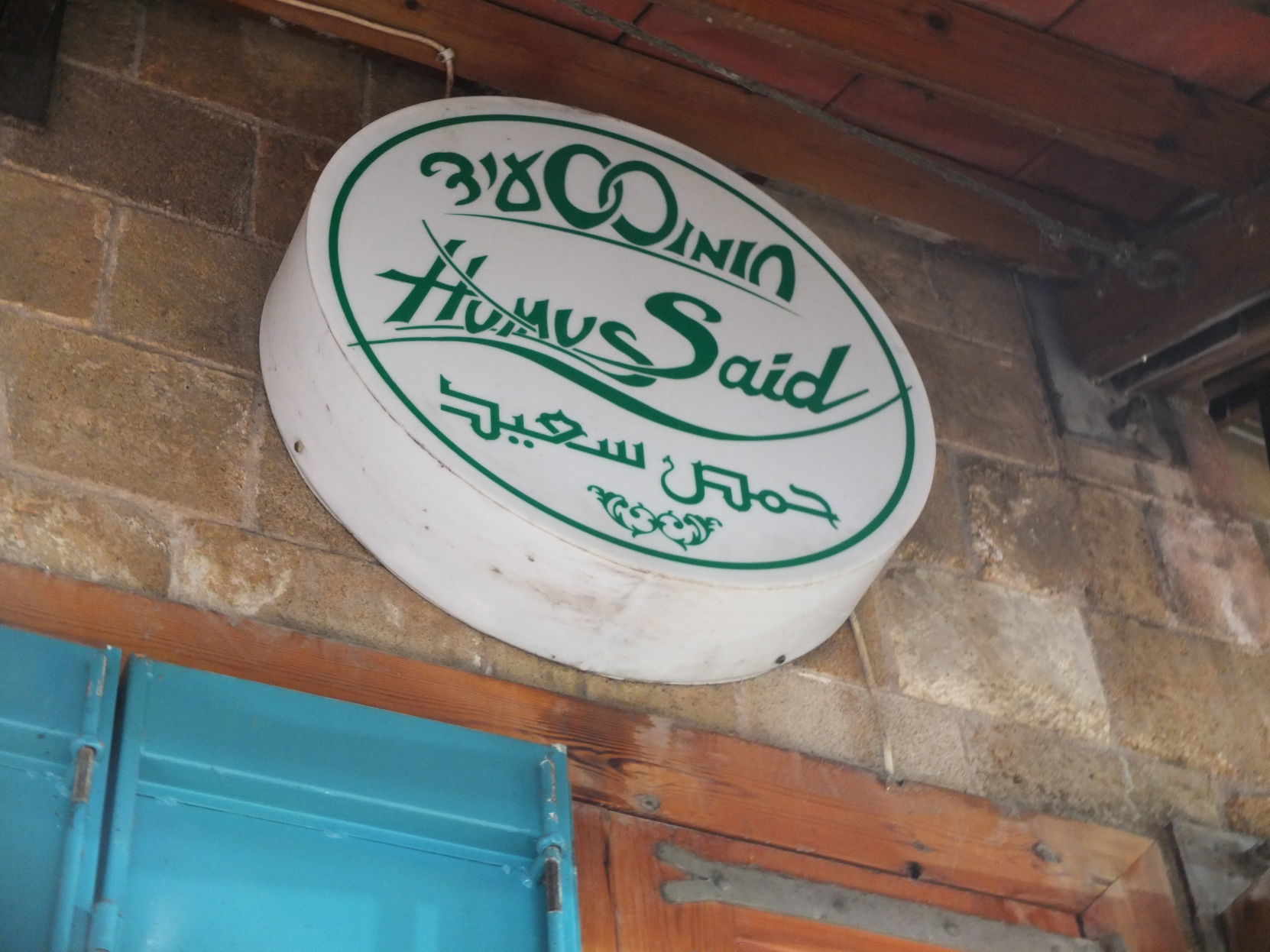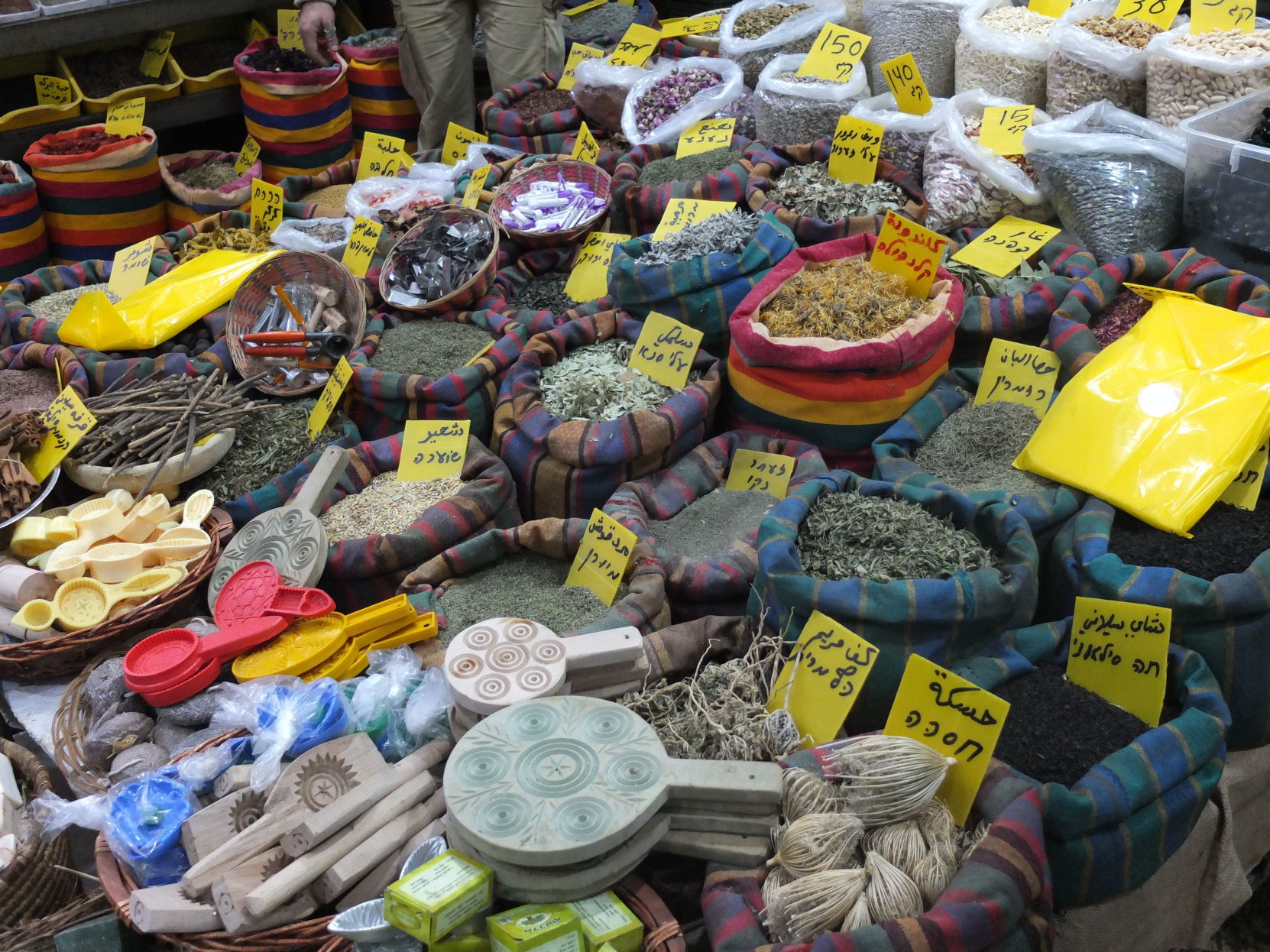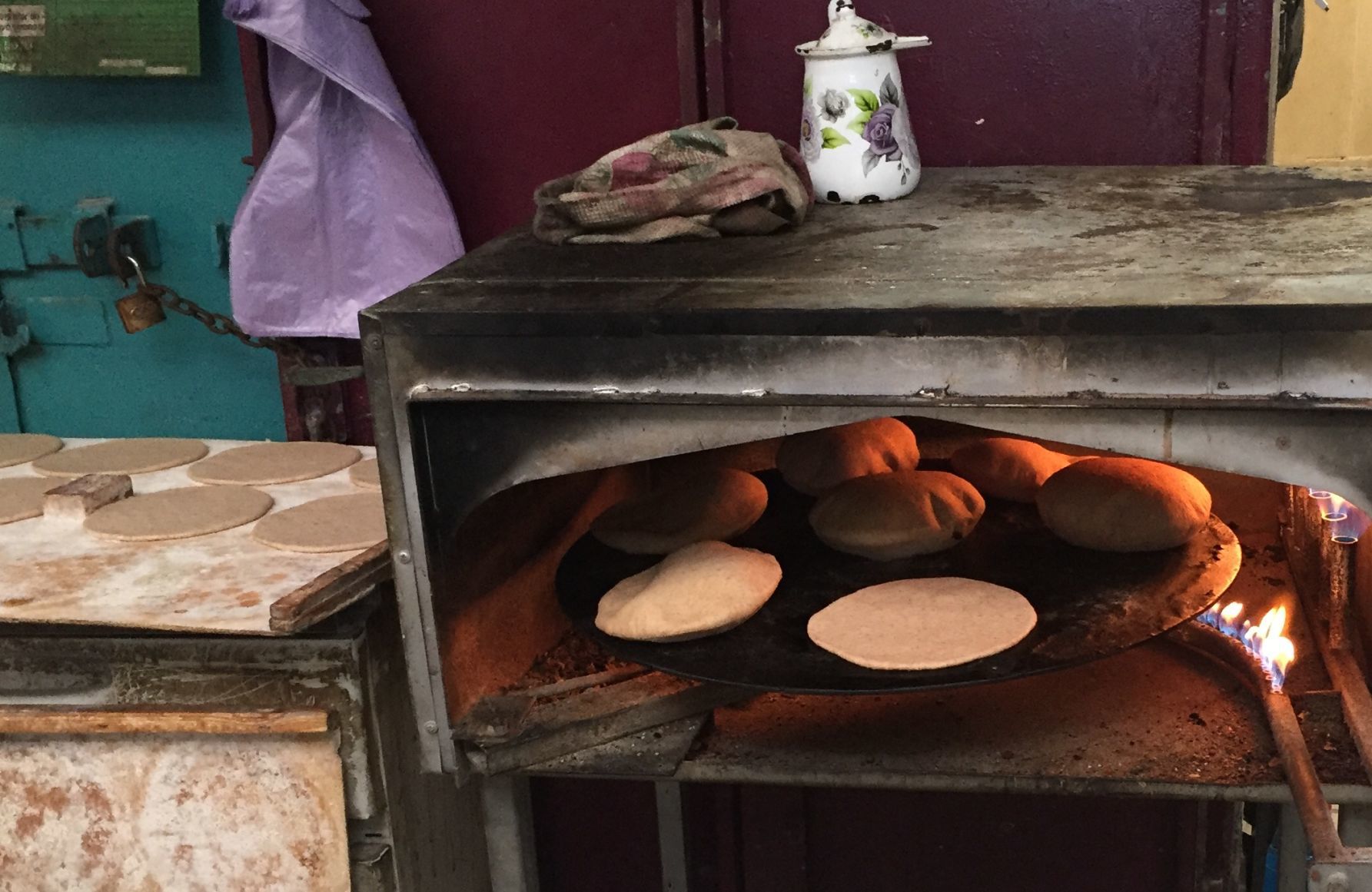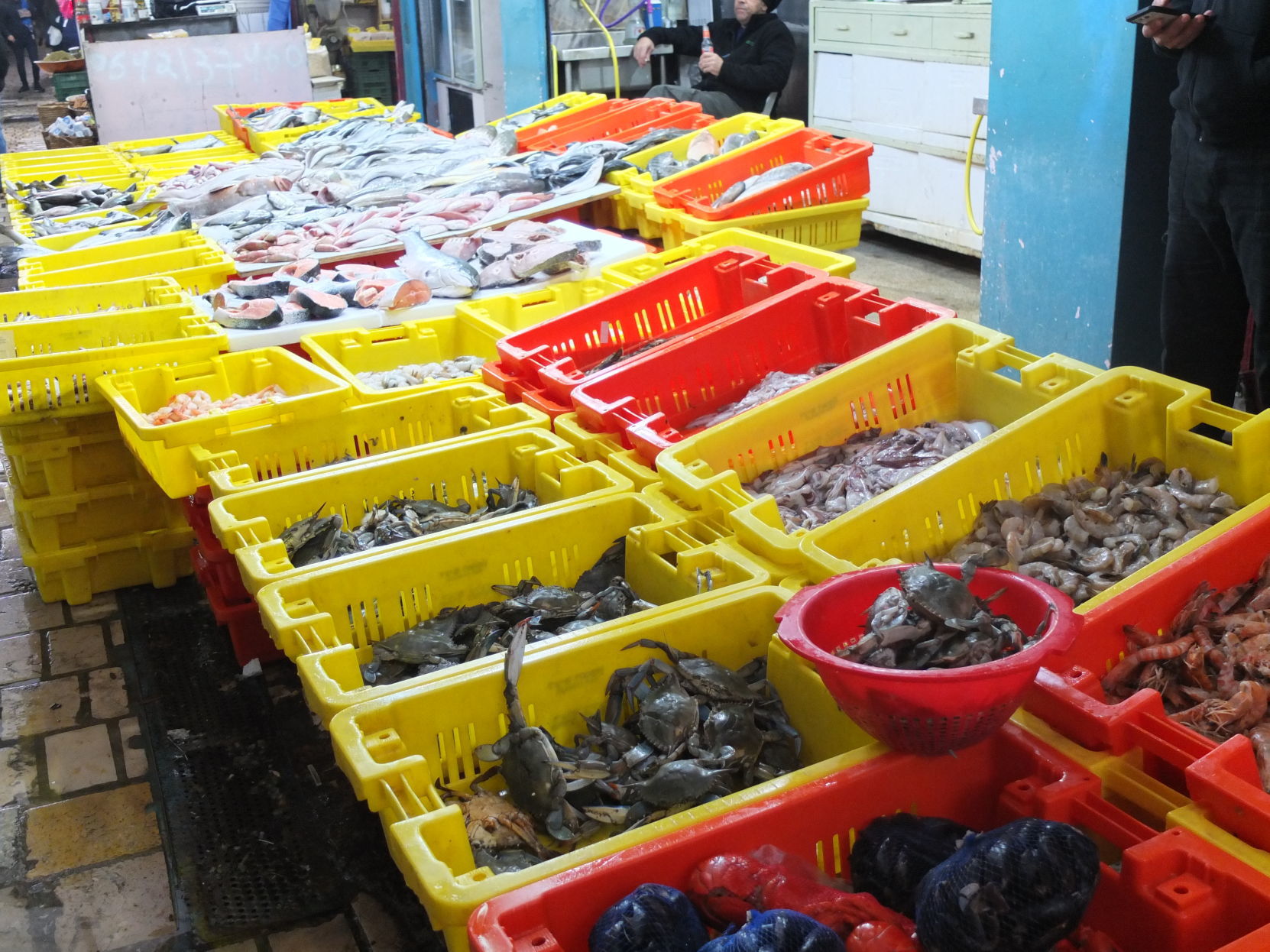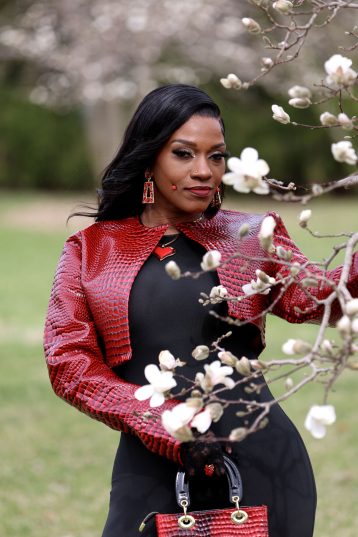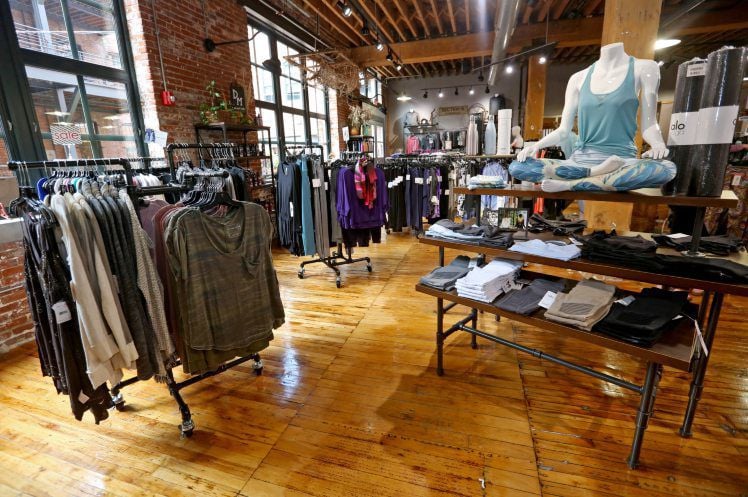I’ve always understood (and indulged) the allure of travel. Some of my earliest memories are of traveling to foreign lands. (Thanks Mom and Dad, for your bravery and stamina in traveling overseas with a 3-year-old.)
Most of the time those on those trips, we were headed to my father’s birthplace — Haifa, Israel — where I would come to know my extended family and the city where my father grew up. Since then, I’ve had the good fortune to be able to make that trip half-a-dozen times or so in my life — the most recent being this past January, when my husband Mike and I traveled there with friends.
Besides reconnecting with aunts, uncles and cousins, one of the things I was looking forward to the most was, of course, the food. We had two amazing home-cooked meals while we were there. Each of my aunts had us over for dinner, and each was a glorious, intricate feast that took several days to prepare — kibbe, fatoosh, mak’aloubi, and of course, hummus. Always hummus.
While hummus has made it into the grocery aisles and refrigerators of many Americans, there was a time when it wasn’t so ubiquitous — except in our family. My dad frequently made hummus throughout my childhood.
For those not familiar, hummus is a dip or spread made from pureed chickpeas, tahini (which is sesame seed butter), garlic, salt and lemon juice, traditionally served with Arabic pita bread that is ripped off in little chunks and used to scoop the hummus.
The Americanized versions of hummus often include cumin and other mix-ins like roasted red peppers or pine nuts. I find these tasty but just not quite the same as what Dad makes.
During this most recent trip, we also had some time to go exploring around Haifa. One of the small villages we visited was Acre (or Akko, as the locals call it). It is a walled city on the Mediterranean that played a crucial role in The Crusades. It also has an authentic “souk” or market where some tourists, but mostly locals, do their daily shopping. Because Acre is a harbor city, seafood plays a prominent role at the market, but there are all kinds of other things as well — fruits, vegetables, spices, fresh baked bread and, as it turns out, hummus that is to die for.
As our friends, Mike and I were wandering the labyrinth of streets and tunnels of the souk, taking photo after photo of seafood stands, spice sellers and stray cats, we saw a restaurant with a line out the door. And we made one of those unspoken group decisions to just keep walking. “Why wait in line?” we all thought. But luckily, we did not give in to our impatience and eventually decided to go back. (Pro tip: A long line of locals outside a restaurant usually is a good sign.)
The place was called Hummus Said (pronounced sa-yeed) and basically means hummus made by the Said family, which, as it turns out, is far superior to any hummus made by the Shalabi family.
The restaurant itself is very modest. It is brightly lit, has small tables, plastic chairs and vinyl tablecloths. And they only serve three things: Hummus with lemon, hummus with whole chickpeas and hummus with whole fava beans. Your giant bowl of hummus is served with a basket of fluffy pita bread and various pickles, olives and other garnishes. And here is the thing that blew me away: It was served warm, swimming in delicious, fruity olive oil. It was so smooth and creamy — by far the best hummus I’ve ever had.
Our conversation during that meal centered around how lucky we all felt to be able to travel and connect with people through food. All cultures, but Arabs in particular, have a very strong tradition of hospitality through food. You can feel the warmth, love, pride through food that has been painstakingly crafted and lovingly prepared. And for me, at that moment in time, with those friends, in that restaurant with that beautiful bowl of hummus, my heart was as full as my stomach.
Leslie Shalabi is the co-founder of Convivium Urban Farmstead, a Dubuque-based nonprofit organization based on the idea of creating community around food. A lifelong lover of food and entertaining, she is dedicated to helping people find ways to connect through the universal languages of food and hospitality.

